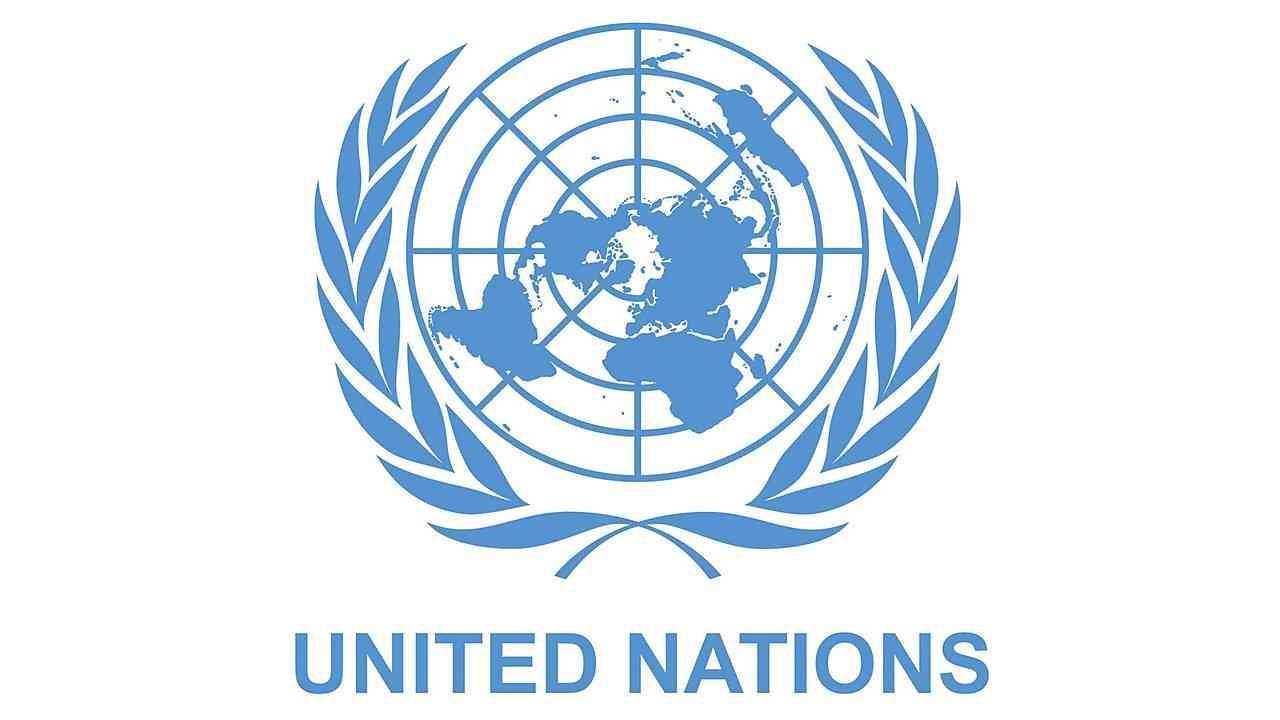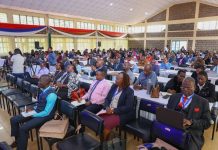Africa-Press – Lesotho. UNITED Nations (UN) assistant secretary-general and UN Global Compact chief executive officer (CEO) Sanda Ojiambo has warned that Africa should move “from talk to action” to realise its digital transformation potential.
Ojiambo made the remarks in a newly released opinion piece on the Global Africa Business Initiative (Gabi) Bridge session held on May 12, 2025, in Abidjan, Côte d’Ivoire.
Gabi is a flagship platform under the UN Global Compact, the world’s largest corporate sustainability initiative.
The initiative itself is a United Nations agency that works with over 20 000 companies worldwide to align business strategies with universal principles on human rights, labour, the environment and anti-corruption.
Ojiambo called for urgent and coordinated investment in infrastructure, skills and policy alignment across the continent.
“Africa’s digital transformation is accelerating, with growing investment, innovation, and expanding access. But infrastructure and investment gaps impede the scale and scope of progress,” she said.
“Expanding the continent’s digital future requires urgent and coordinated action. These were the key priorities highlighted at the recent Global Africa Business Initiative (GABI) Bridge session in Abidjan, Côte d’Ivoire.”
She said leadership mattered, along with skills development.
“We must invest in human capital with the same urgency as we do fibre optic cables,” Ojiambo said.
Her remarks came as business leaders, policymakers, and development experts gathered on the sidelines of the Africa CEO Forum to explore ways to accelerate Africa’s digital growth.
The Gabi Bridge session focused on how to unlock private sector power and scale up digital innovation.
The UN Global Compact’s central message was that Africa is not short on ideas or ambition — it is short on execution, investment and inclusive policy frameworks.
“Digital transformation cannot leave behind the rural, the informal, or the marginalised,” Ojiambo said.
“We need to ensure everyone can participate by prioritising access, affordability and relevant content.”
The UN official recalled the remarks made by Google and Alphabet Research, Technology & Society Senior vice-president James Manyika, a Zimbabwean-born national, during the Gabi event.
“Basic connectivity infrastructure is essential — that’s why we’ve invested in undersea cables connecting Africa to itself, Europe, and Asia. But beyond infrastructure, investors must also focus on skills and entrepreneurship,” he said.
“That’s why we launched the Black Founders Fund, which has supported over 1 120 African startups. Building a vibrant AI ecosystem depends on this.
“We also need more research happening in Africa — our research centres in Ghana and Kenya, and our university partnerships, are helping Africans build skills and create local innovation.”
Ojiambo concurred with Manyika, noting that the real challenge is not just identifying solutions, but executing them effectively, especially in skills development, talent cultivation and entrepreneurship.
“Africa has made great strides in digital services and broadband, yet the real task now is scaling proven successes. Fintech, AI [artificial intelligence] and e-commerce are driving some of the world’s most innovative advances, with African fintech enabling faster, large-scale cash flows, and e-commerce sustaining the vital SME [small and medium enterprise] sector,” she said.
“Yet much of Africa still lacks the foundational infrastructure — challenges with last mile connectivity to the electricity grid and to fibre optic cables, and limited investments in data infrastructure — that these industries need to grow.
“Africa’s tech sector is often shaped by short-term venture capital priorities, overlooking essential digital infrastructure. Long-term investment by governments and institutions is crucial to build an enabling environment.”
Ojiambo said digital progress, from data centres to public platforms, relies on investment and strong partnerships.
“Africa needs committed stakeholders to build a lasting digital economy. The private sector is key to digital transformation, but lasting change demands collective action,” she said.
“Governments, investors, and development partners must align efforts and commit to long-term investment.”
Gabi is expected to continue to push Africa’s private sector agenda at the global level.
Its next major event, Unstoppable Africa, will be held in New York, the United States, on September 21–22 during the UN General Assembly. Themed The BIG Push: Africa’s Time to Shape the Markets, it will be co-convened by the UN Global Compact and the African Union.
For More News And Analysis About Lesotho Follow Africa-Press






